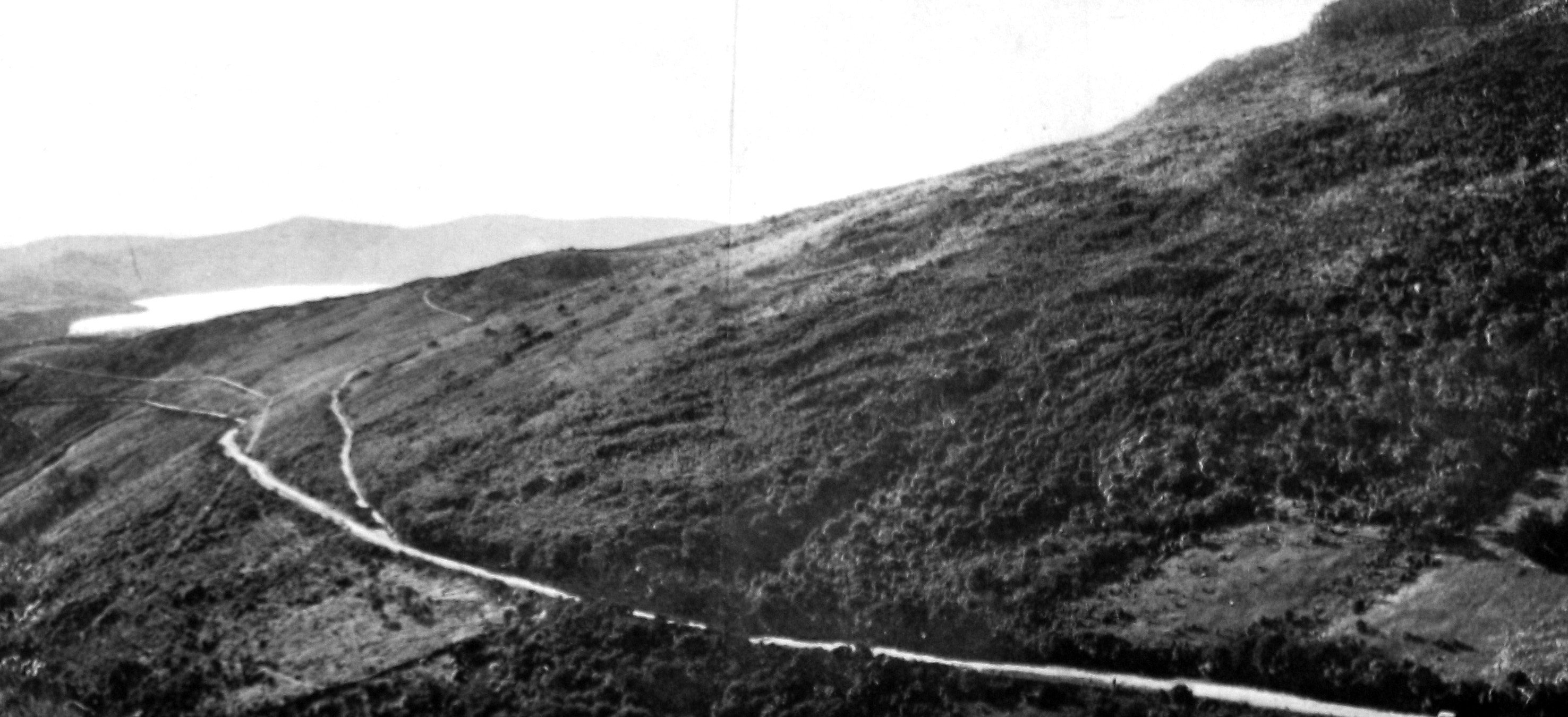

Lepers to live in comfort
The nine lepers, consisting of four Maoris, two Chinese, and three Europeans, who are shortly to be transferred from Quail Island, Lyttelton Harbour, to Mokogai leper station in the Fiji group, are assured of a delightful home. Dr Frengley, of Auckland Hospital, who returned to Auckland on Thursday by the Navua after five weeks among typhoid cases at Suva, had the opportunity of visiting Mokogai, and stated that it was one of the most beautiful and attractive islands that could be found anywhere. Mokogai, an island with an area of about five square miles, lies about 25 miles north-east of Levuka. "There are some 300 lepers living on this delightful place," said Dr Frengley, "and I am told that many who recover from the scourge of leprosy do not want to leave it. Here in a tropical climate, surrounded by all the beauties of Nature, the lepers pass away the time as happily as is possible. Indeed, the New Zealand lepers could not go to a better place." Dr Neff, a Canadian, was in charge of the station, and he had eight nuns assisting. They were wonderful people, and were doing splendid work. The island was equipped with schools and an up-to-date hospital with proper wards, etc. Everything possible was done to ensure the happiness of the lepers. Few of the lepers were in a bad state, and the majority of them were improving. Marriage is prohibited, and the men and the women live in different settlements. Both sexes are allowed to intermingle, however, at certain periods during the day. The lepers grew all their own food and were paid for their labour. They also ran a co-operative store, and generally spent their earnings in small luxuries. The community was run by lepers for lepers. They had their own policemen. All the patients at present at Quail Island have consented to go to Mokogai. The Quail Island station will be closed, and the cost of maintenance of the lepers at Mokogai will be borne by the New Zealand Government.
Wood for the trees
In this virgin land we suffered from a plethora of forest, and such was our reckless human nature that we had destroyed with both hands what should really have been preserved. The pioneer had to cut down trees to make room for pasture and cropping land, and the removal of the pristine forest from good land was wise and essential. But, unfortunately, this spirit of destruction was let loose indiscriminately, and mile upon endless mile of forest had been destroyed for the sake of a range of scraggy hill pasture whereon a few disconsolate sheep eked out a miserable existence. The land steadily deteriorated by erosion, and the rainstorms descended upon it, and with nothing to check them carried away even the scanty soil rushing it down in muddy cascades to silt up the creeks and rivers. — ODT, 20.6.1925
Compiled by Peter Dowden












